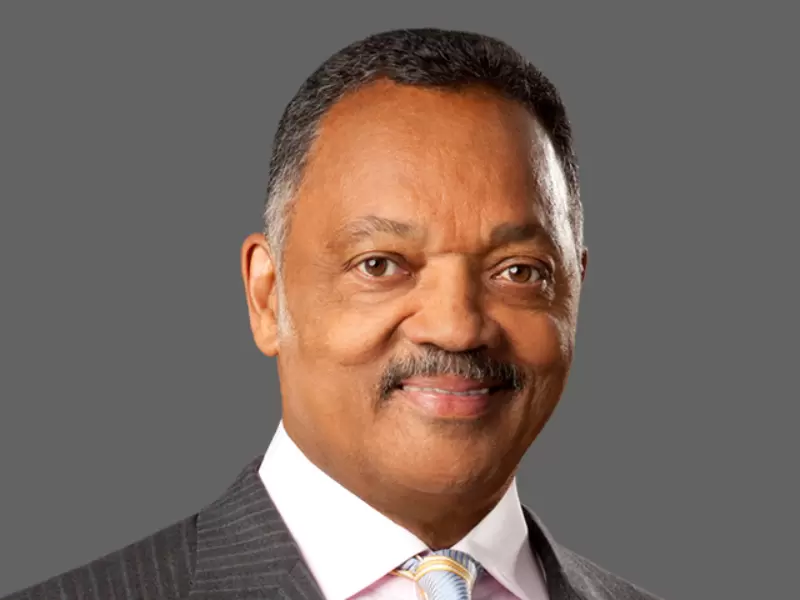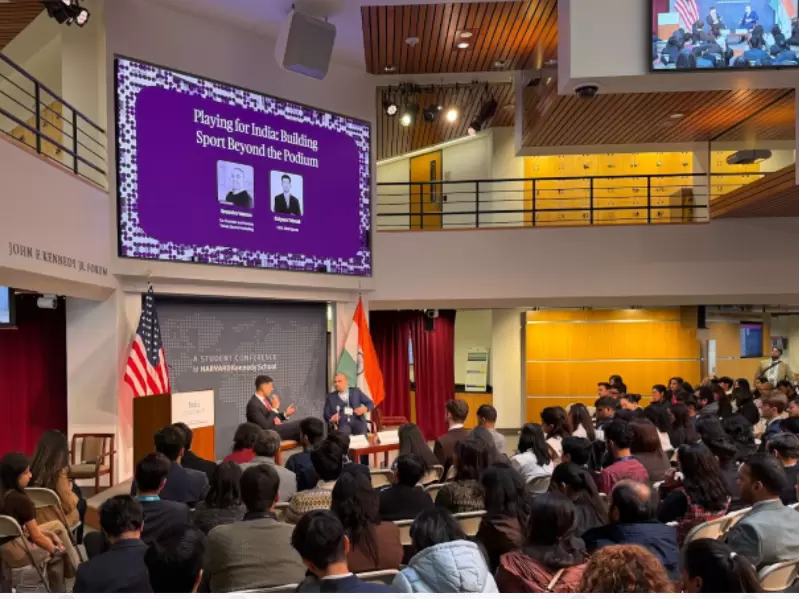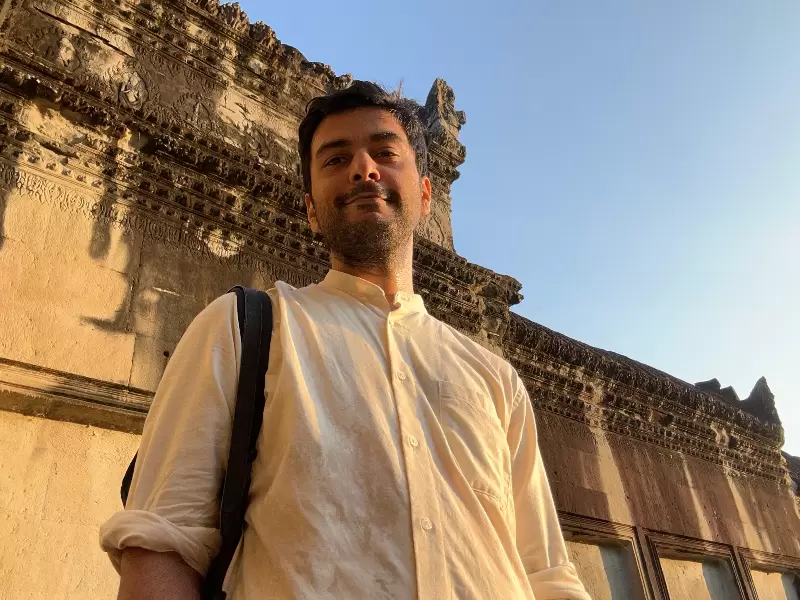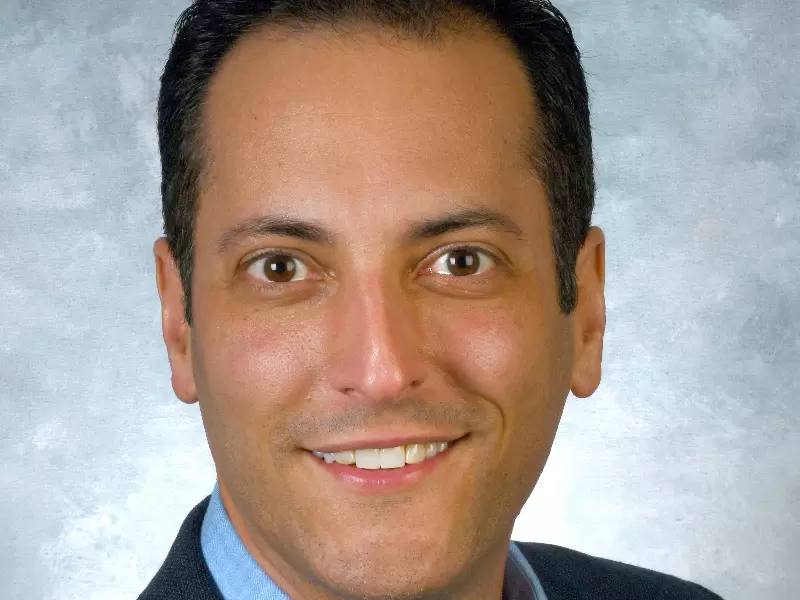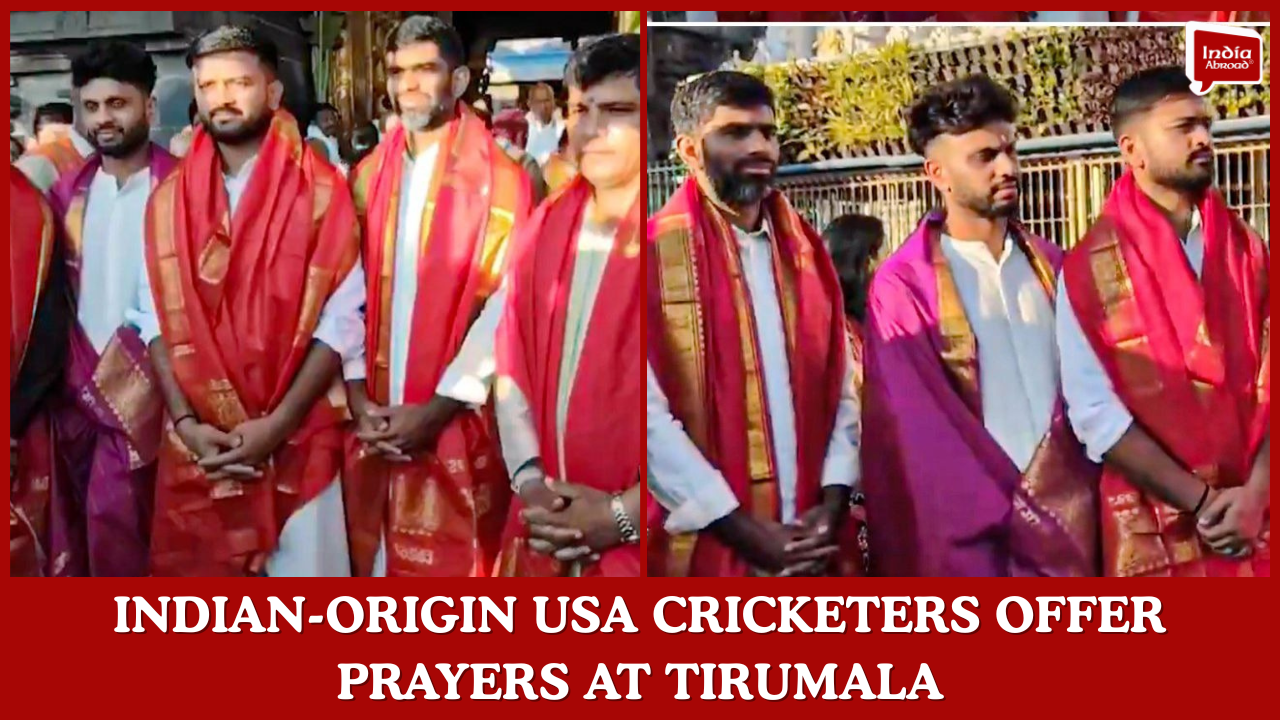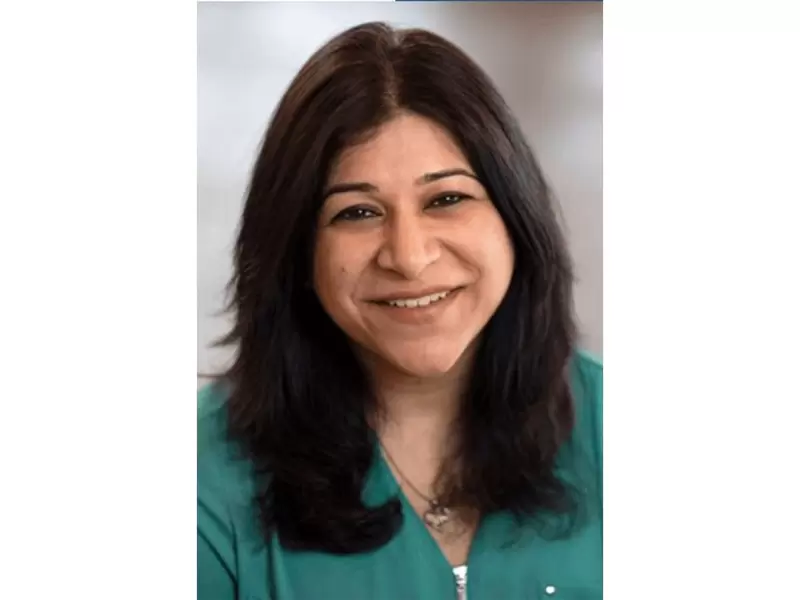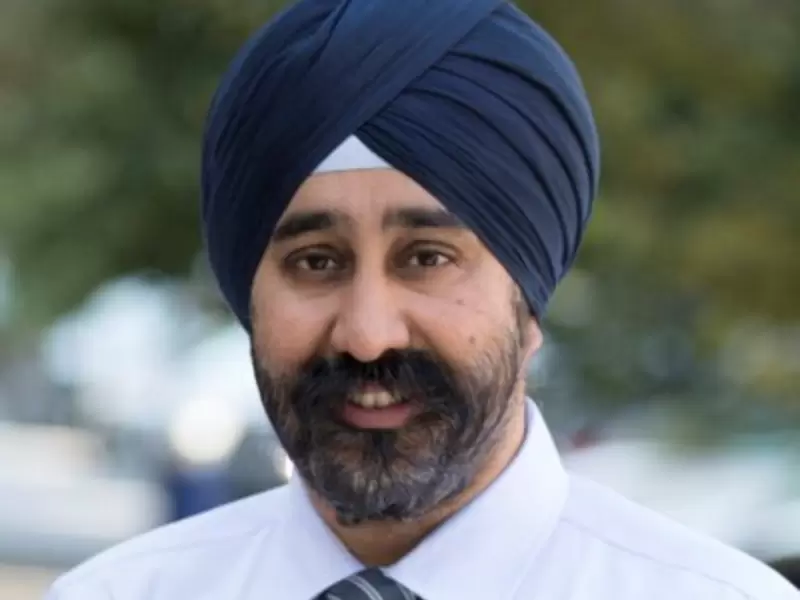ADVERTISEMENT
POP
See MoreCommunity
See MoreSikh groups to launch immigration preparedness effort
The faith leaders attending the webinar will deliberate best practices around legal preparedness, de-escalation, and faithful public witness, on Feb. 19.
-
The program will support Dharmic institutions and community initiatives focused on spiritual education, cultural preservation and service.
-
Nearly 250 people attended the celebration despite inclement weather.
-
Singh is also running for the Democratic nomination in New Jersey’s 12th Congressional District.
ADVERTISEMENT
Videos
View AllOpinion
See MorePeople
See MoreBernard Cohn prize for Oberlin prof Rishad Choudhury
The Prize recognizes outstanding and innovative scholarship across disciplines and countries of specialization for a first single-authored English-language monograph on South Asia.
-
She will lead THOR, a new National Science Foundation–funded national hub for energy-efficient, brain-inspired computing.
-
The marketing expert will assume the role on July 1, bringing experience in industry partnerships and experiential learning.
-
He has led the development and scaling of cloud-based platforms focused on operational efficiency, growth, and customer value.
ADVERTISEMENT
Entertainment
See More-
Macron arrived in Mumbai on Feb. 17. He was seen starting his day by jogging at the Marine Drive near...
-
Chopra told the students that they are the India that she had imagined.
-
The British Academy recently released its star-studded list of presenters...
-
ADVERTISEMENT
Immigration
See More
Their demands claim that despite strict privacy laws protecting taxpayers, the IRS agreed in April last year to share sensitive information of individuals who they claim are being targeted for immigration enforcement.
-
Senators Ron Wyden and Edward J. Markey noted that this would not just hurt the privacy of visitors but would...
-
Sneha Khilwani and her family moved back to India after a decade in Canada and explained how their OCI cards...
-
The decline was noted at a time when a growing...
-
Washington records highest Indian deportations, with numbers surging past 3,400,...
Food
See More-
Ambassadors Clubhouse adds a fresh destination to New York City’s ever-evolving Indian dining scene.
-
The Indian-American author and TV host discussed her show Taste the Nation and her new book at the university event.
-
The online marketplace has grown through digital commerce driven by demand for accessible Indian products in the U.S. since its...
-
The expansion is backed by a marketplace model linking Indian...
-
As the official country partner, India brings over 600 companies...
-
The online marketplace has grown through digital commerce driven by...
-
Industry growth reflects shifting lifestyles, employment creation and evolving expectations...
-
This year’s list includes Indian-origin chefs and restaurant groups whose...
SPORTS NEWS
See MoreThree players from the team visited the temple and joined...
India faces the Netherlands in Ahmedabad on Feb. 18 in...
The 35,000-capacity R. Premadasa Stadium was sold out, with tickets...
The USA began brightly despite losing their opener, Shayan Jahangir,...
News
See More-
ADVERTISEMENT
Please enter something
- Asian Americans
- Biz
- Books
- Canada
- Community
- Culture
- Dating
- Diplomacy
- Diwali
- Editor picks
- Editorial
- Explainers
- Fashion
- Features
- Food
- Immigration
- India
- India Decides '24
- India Independence Day
- Letters to the Editor
- Life
- Maha Kumbh
- Movies+
- News
- Opinion
- People
- Ram Mandir
- Reviews
- Rooted and Roaming
- Sports
- Spotlight
- Tech
- Travel n’ Diplomacy
- Trump 2.0
- UK Votes 2024
- US Elections 2024
- USA
- West Coast




